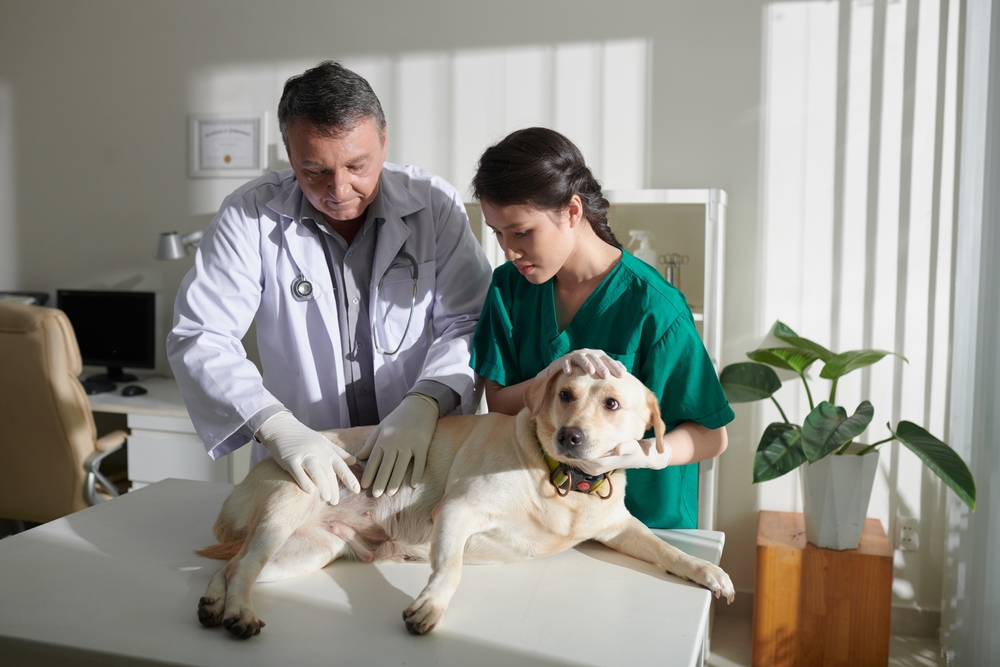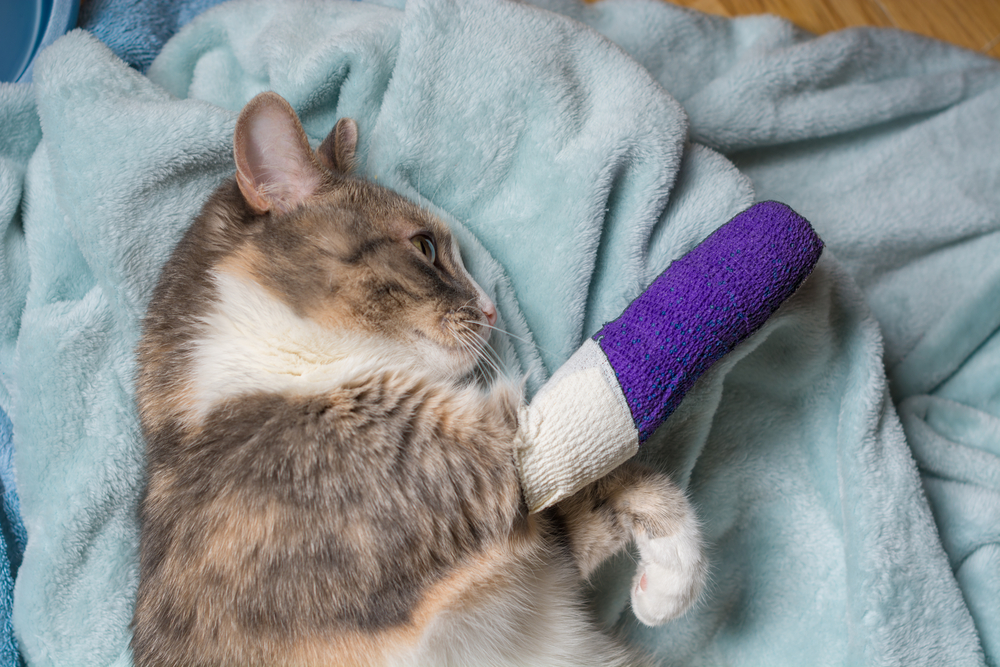As a responsible pet parent, you keep your furry pal happy and healthy by scheduling regular veterinary visits and providing excellent care at home. However, illness and injury can arise at any time. As a result, you may wonder what signs constitute a pet emergency. If your pet is in extreme pain, has experienced trauma, or has ingested a toxin, they need emergency care. On the other hand, if your pet’s illness signs are subtle or your furry pal just seems uncomfortable, urgent care is likely appropriate. Read our Memorial Animal Hospital team’s guide to learn how to determine the type of care your pet needs when ill or injured.
Emergency care for pets
If your pet’s signs are life-threatening, they need emergency care. If you’re unsure whether your pet needs to be seen on an emergency basis, feel free to call our team for guidance. Your pet requires emergency veterinary care if they exhibit the following illness or injury signs:
- Collapse or unconsciousness
- Seizure
- Difficulty breathing
- Cardiac arrest
- Foreign body or toxin ingestion
- Snakebite
- Broken bone
- Severe trauma such as being hit by a car or falling from a height
- Heatstroke
- Bloat, retching, or unproductive vomiting
- Straining or inability to urinate or defecate
An emergency veterinary hospital prioritizes and treats a pet based on their condition’s severity. You may be asked to wait if your pet requires medical care but has a less urgent problem than other patients. Many times, a wait can be hours long, and if a pet with a more serious issue needs help, emergency veterinary hospital team members will take them ahead of your pet regardless of when you arrive, so plan accordingly.
Urgent care for pets

Because of limited staffing and the increasing number of pets needing care, many veterinary hospitals are now open for extended hours to provide urgent care. Like facilities that provide urgent care for people, veterinary urgent care facilities are a middle ground between an emergency hospital and primary care veterinarians. Pets in stable condition but uncomfortable or needing attention before an appointment is available at their primary veterinarian can receive urgent care sooner, often without the long wait time an emergency hospital can pose.
Additionally, urgent care veterinary clinics are becoming prevalent, and many offer appointments. Keeping your pet at home until they can be seen promptly at an urgent care facility can reduce their stress and yours. Urgent care clinics are often open later than primary care veterinary hospitals, allowing you to seek care for your pet after primary veterinarian offices usually close for the day. Urgent veterinary care is appropriate for your pet if they exhibit any of the following signs:
- Mild vomiting or diarrhea
- Wounds and minor injuries that are not bleeding profusely
- Lameness or trouble walking
- Straining to urinate or defecate
- Bee stings
- Allergic reaction
- Bite wounds
- Ear or eye swelling, redness, or discomfort
By recognizing when your pet needs immediate emergency veterinary care and when urgent care is appropriate, you can make a significant difference in ensuring your furry friend’s well-being. Our Memorial Animal Hospital team wants the best for your pet, so if you are trying to determine whether your pet needs urgent or emergency care, contact us.






Leave A Comment